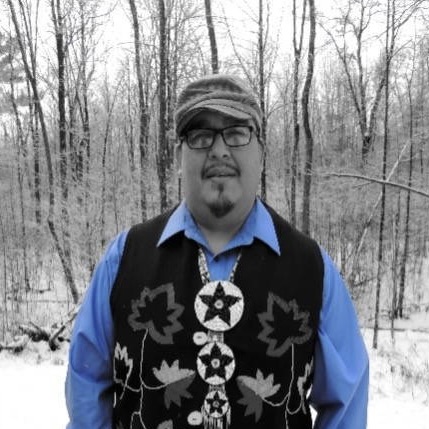CORE and Community Shares of Wisconsin invite you to an informational session on the Rights of Nature movement on Wednesday, May 4, 2022 from noon – 1 p.m. on Zoom.
Our nation has been built on the concept that corporations have legal personhood and constitutional rights, but the United States has never granted the same rights to nature. However, according to the Center for Democratic and Environmental Rights (CDER), through grassroots and nonprofit efforts a number of local communities, countries, and tribal nations have established laws to recognize and protect the legal rights of nature.
We will discuss this movement in detail with Anahkwet (Guy Reiter), the executive director of a Menominee Indian community organization called Menīkānaehkem, and Mari Margil, the executive director of CDER.
The Rights of Nature movement reflects a growing understanding that nature deserves our respect, protection, and legal rights.
Check out the recorded information session below or on YouTube:
Anahkwet (Guy Reiter) is a traditional Menominee who resides on the Menominee Reservation. He’s the executive director of a Menominee Indian community organization called Menīkānaehkem and a member of the Menominee Constitutional Taskforce. He’s also a community organizer, activist, author, amateur archaeologist, and lecturer. Anahkwet has organized events that uplift the human condition and demonstrate how enriching the Menominee culture is. He’s lectured at universities on the connection Menominee Indians have to the Menominee River. He’s also written articles for Environmental Health News and others. When Anahkwet isn’t working you’ll find him enjoying time with his wife and children. Anahkwet is an advocate for indigenous people everywhere.
Mari Margil is the executive director of the Center for Democratic and Environmental Rights (CDER). She works with national, state, and local governments, civil society, tribal nations, and indigenous communities in the United States, Ecuador, Australia, the Philippines, Nepal, and elsewhere to advance Rights of Nature frameworks. She also consulted with Ecuador’s Constituent Assembly, helping to draft the world’s first Rights of Nature constitutional provisions. Margil received her master’s degree from Harvard University’s John F. Kennedy School of Government, and is a co-author of The Bottom Line or Public Health (Oxford University Press 2010), Exploring Wild Law: The Philosophy of Earth Jurisprudence (Wakefield Press 2011), and Bearing Witness: The Human Rights Case Against Fracking and Climate Change (Oregon State University Press 2021). Her writing has also been featured in publications including The Guardian, YES! Magazine, Earth Island Journal, Mongabay, Democracy Journal, World Policy Journal, and Common Dreams.





